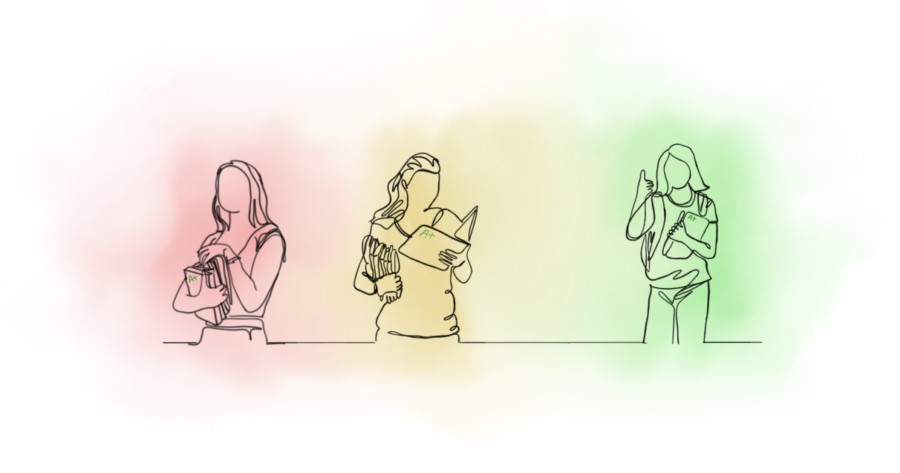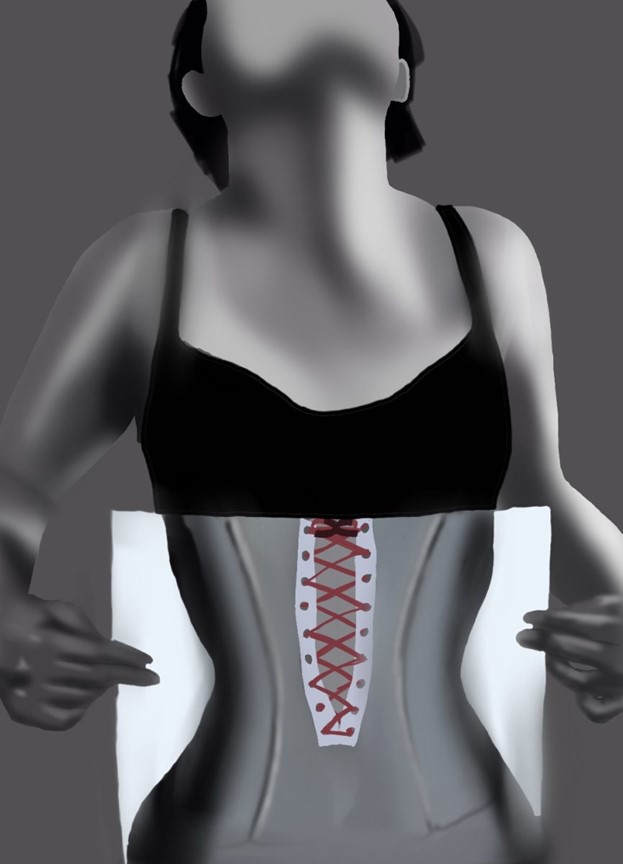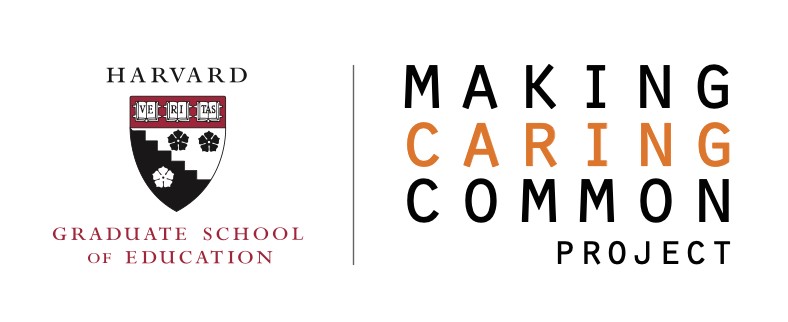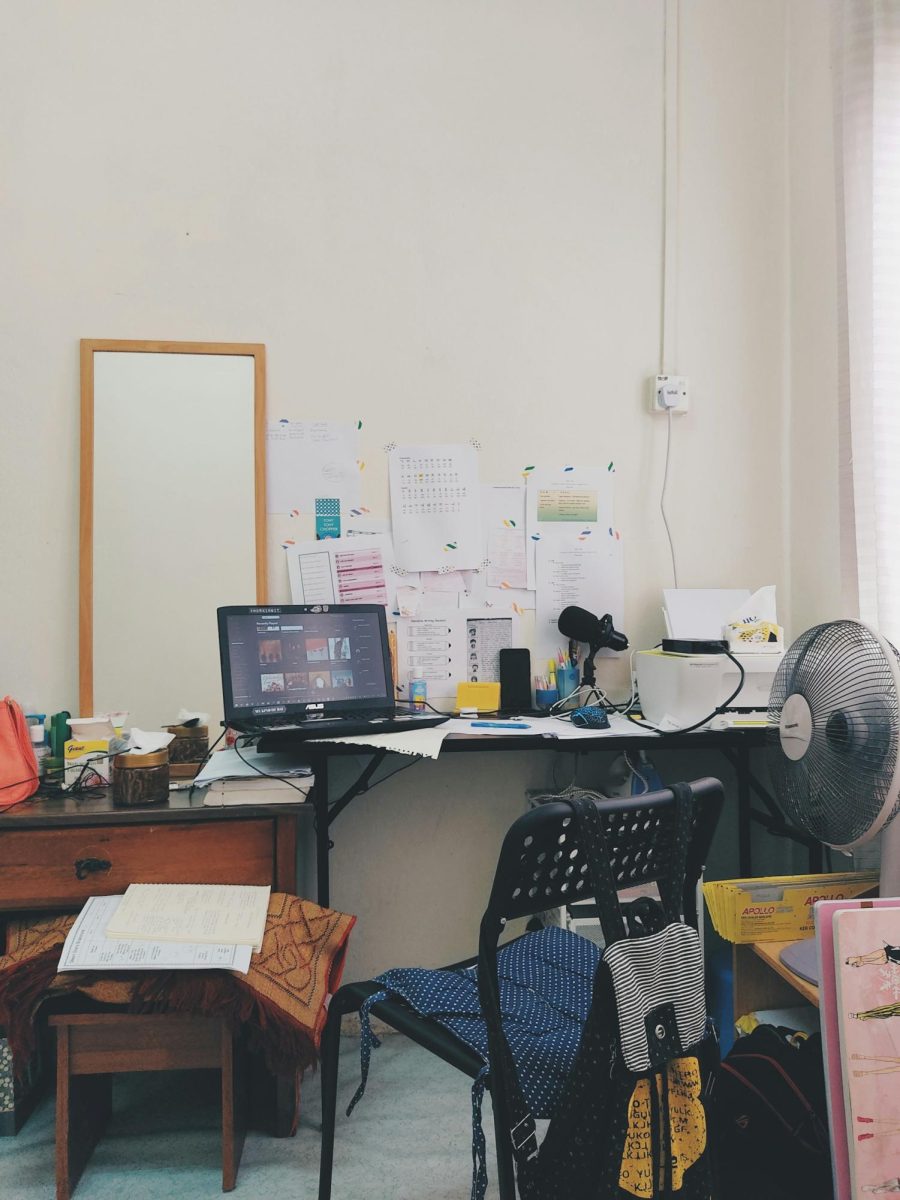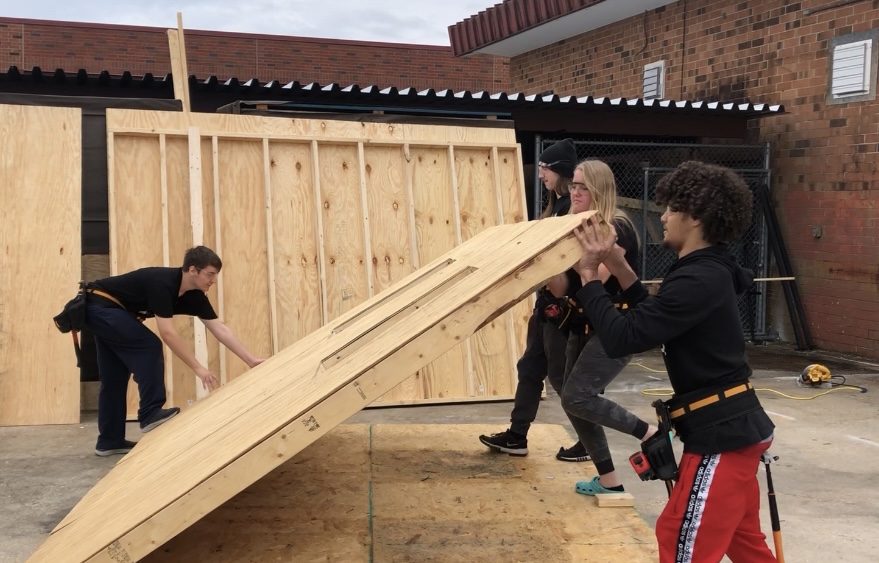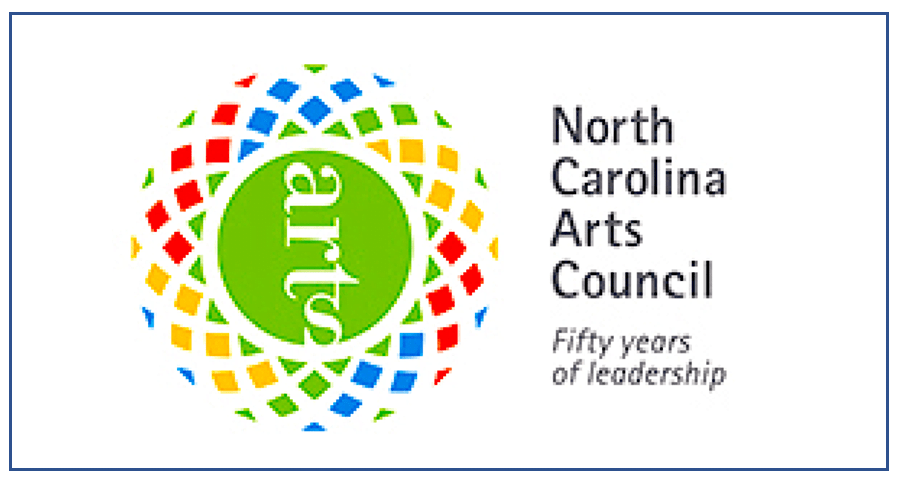This article was originally published on We Are (https://weare.wcc.nsw.edu.au/news/). Republished with permission as part of Teen Scene, Inc.’s international student voice partnership.
“People across the nation and the world are burned out, exhausted and depressed” – Burnout is a Problem, Forbes 2022
According to our research*, by the end of one’s high school experience, approximately 91.5 percent of William Clarke College students will have experienced at least one symptom of burnout. We’ll repeat it: nine in ten students will have experienced burnout by the end of their high school life. Nine. In. Ten.
A very cynical way to start off this article (spoiler: burnout IS cynical) but take a moment to hear us out. Research from 2019 suggests that up to 30 percent of Australians experience serious long-term burnout at some point in their life. During the COVID-19 pandemic, this statistic only skyrocketed. The World Health Organisation classifies burnout as an “occupational phenomenon”, not a medical condition (whereas depression and anxiety are clinical diagnoses). Yet, burnout shares many symptoms with mental illnesses where the effects can be just as drastic.
Burnout is the ghost that haunts every corner of academia. High School, especially the ATAR system, is not an exception. While collecting research for this article, reminiscing on our own experiences, and writing the definitive version, we have delved deep into the issue of burnout at WCC. Below, you will find a discussion mixed with the personal opinions of ourselves and other secondary school students.
Ellina: I think the simplest way to describe burnout is when everything starts to feel like a chore. And while this may be true of other mental health issues, when it comes to burnout it directly stems from your work and school – and can be negated outside of your workplace.
Shari: Definitely. It’s that feeling of your motivation and creativity slipping through your fingers. It comes with a certain fragility – you snap at the smallest of inconveniences, your passions do not fuel you anymore, focus is a stranger.
Ellina: It is important to note these symptoms can be quite common. It is their combination and frequency that really define this phenomenon. For example, I have always felt that schoolwork is a chore. It is one, so this is normal. Extracurriculars can also feel like a load. However, sometimes I go through periods where even the sight of an email in my inbox or a Connect notification makes me want to close my laptop and never open it again (and that is the nice way of putting it).
Shari: Burnout is kind of a silent killer in school. I see it all the time in my friend group. While some people may mask this fatigue quite well, if you focus close enough, it’s visible in them being tired and withdrawn. If this fatigue lasts a short time, which it usually does, they can usually just collect themselves and launch back into their academic and social lives.
Ellina: I think the closer I get to graduating, the more I see my peers and myself settling into this pattern of mild burnout, then rest, then burnout again. While it can seem like a small issue, its tiring effect can have continuing consequences. The school system, especially its design of compacting exams and assessments into a few select weeks, does not help this phenomenon at all! Especially considering that in those periods of time where you are more prone to fatigue, you are usually more withdrawn from your social life anyway.
Shari: That’s a really important part of this discussion. School is designed in a way to apply pressure onto students, especially in senior years. However, there seems to be a disconnect between the purposes of the HSC and the values we are taught as students – and this creates unnecessary fatigue on students.
Ellina: Absolutely! I can think of so many examples of this. All throughout school you are taught to collaborate and discover the importance of teamwork, and then in Year 11-12 you are competing with your peers for the best rank. You’re taught that your grades are not a means to an end, yet for a lot of students their future depends on Year 12 marks. I think burnout is exasperated by these contradictions, because you get so lost. Should I care about my marks? Yes, they matter. But it’s all good, since there are pathways to afterschool opportunities. Do I work with friends to help them out? No, I should put my own academics first. How much should I study? Am I studying too little? Too much? Wait, I forgot about my co-curricular…
“The competing with your peers thing is never something I feel a want or need to do at all, not being a competitive person, but it seems the way the government structures education, you must compete in order to do well.” – a respondent on the Spotlight Survey
Shari: You’re stuck in this endless loop of academic stress. Some only arrive here by the end of their school journey, when they start putting palpable efforts into studying and realise that it’s not as easy as it seems. At the end of secondary school, it is very difficult to find a student who has never experienced academic stress. Yes, school teaches you time-management, but it also teaches you that having to manage your time is a product of fear and stress. For some students, this can start as early as junior school. Kids who do well at school are rewarded for their efforts and are congratulated constantly. Those who receive this validation continue to strive for it, and when they receive anything short of this, start to feel stressed. The pattern of fatigue, stress and inevitable burnout begins here. On the other hand, the students who do not receive this validation begin to internalise that academic success as something that is congratulated and tied to their overall prosperity as a human being.
Ellina: As part of our research for this article, we conducted a survey of WCC students. While the data is skewed towards those who read We Are articles and emails from their Heads of Year, it’s still an interesting representation of attitudes towards burnout and academics in our school. I think it’s important to note that on this survey, 76 percent of respondents have reported having experienced Academic Stress during their secondary school journey.
Shari: And that is considering there were a few respondents in Year Seven, who are completely brand new to the school. The jump from the “junior” years of secondary to Year 11 and 12 is a large one, and the transition brings even more pressure that is placed onto students. Again, this feeds into this prominent loop of academic fatigue and eventual burnout.
Ellina: Another point worth mentioning is the non-academic parts of school that often contribute to students’ fatigue. You place all these individuals with their own interests and passions into the same system, the same building, similar patterns of study and enforce a uniform, you are bound to have some issues. Whether its interpersonal relationships, issues conforming to (lets face it) outdated rules or something completely different – all of these small details fuel the ghost of fatigue.
Shari: There is definitely value in re-examining the school system. In our 21st century modern world, what is the classroom’s purpose? Maybe it IS to create stress and fatigue, and to teach students to overcome it?
* Survey Distributed to the Secondary School Grades During Term 1 of 2023 by Heads of Year










